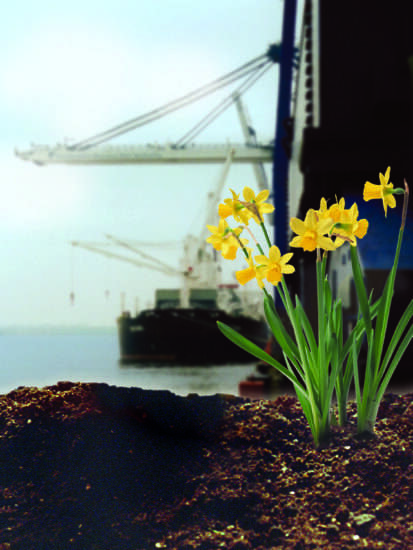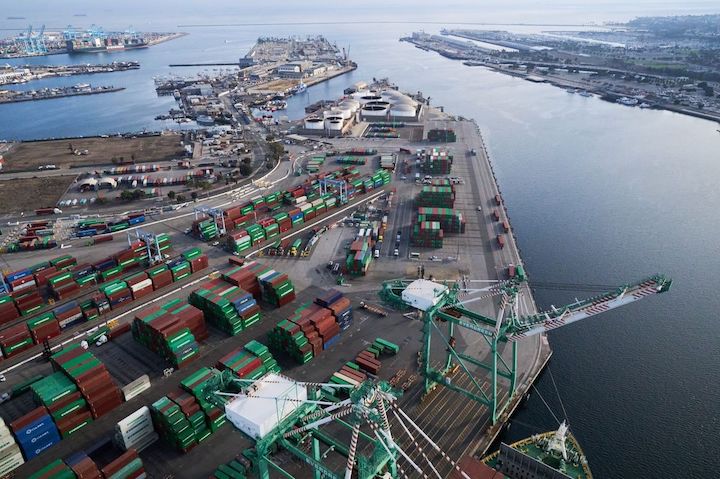
US ports program to help boost wider hydrogen adoption
A program to introduce clean hydrogen in U.S. ports will complement the hub initiative and pave the way for a wider use of the gas in the maritime and industrial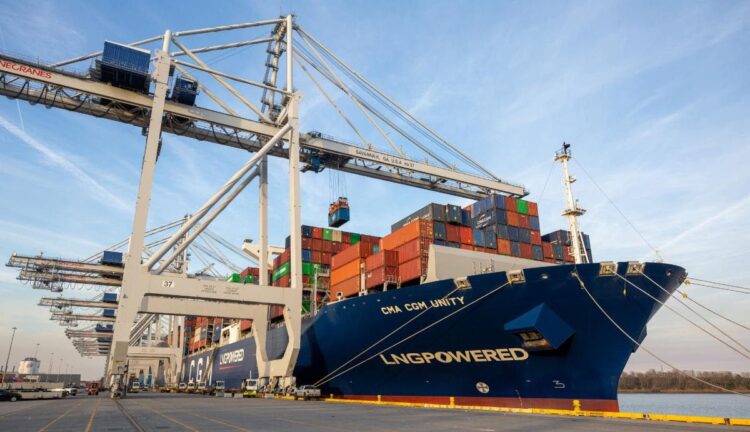
New Study Reveals Potential for Shore Power to Slash U.S. Port Emissions
Article from gCaptain A groundbreaking study by the International Council on Clean Transportation (ICCT) has identified significant opportunities for U.S. ports to reduce air pollution and greenhouse gas emissions through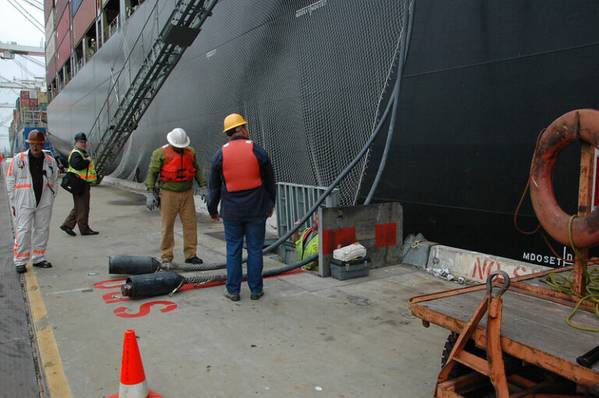
Plugging In: Port of Oakland Reports Shore Power Uptick
Article from Maritime Professional The Port of Oakland said it hit a new record high for shore power usage in the first six months of 2024, meaning cleaner air for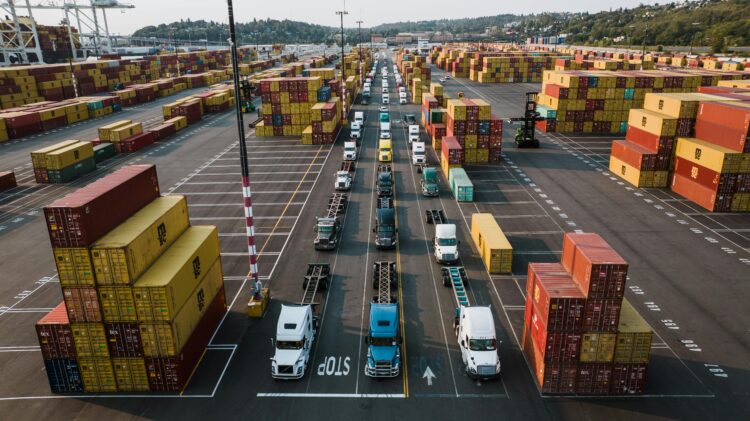
U.S. Ports Use RTEPF Grants to Strive for Emission Reduction Goals
Article by Justin Cummings As ports play a crucial role in decarbonizing the supply chain, the Reduction of Truck Emissions at Port Facilities (RTEPF) grant offers vital support. Idling trucks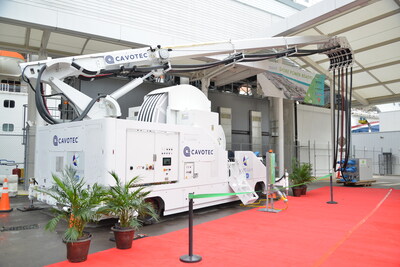
Cruise lines and ports are banking on shore power. What does that mean?
Article via USA Today Shore power has become a major focus of the cruise industry’s sustainability efforts. Technology enabling ships to connect to landside electrical power has been added to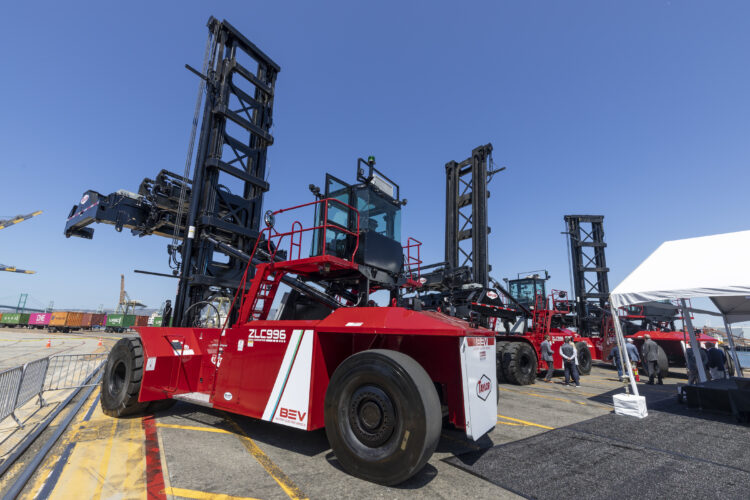
Electric Cargo Top Handlers Enter Service at Port of Los Angeles
Article via Maritime Logistics Professional The Port of Los Angeles has deployed the first commercially available battery-powered electric cargo top handlers in the US. The five electric, human-operated top handlers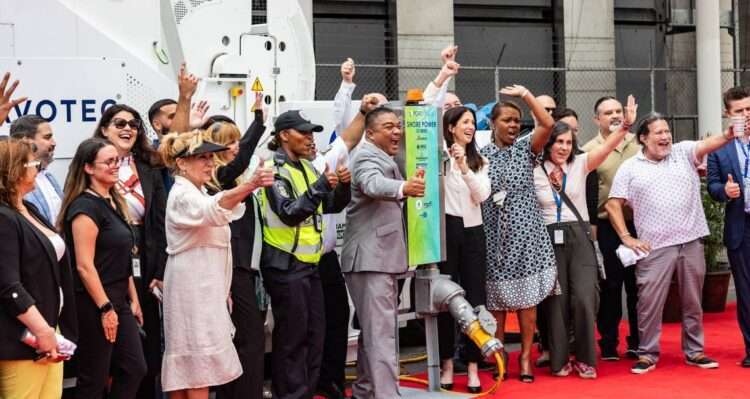
Why cruise ships docked at the Miami port will plug into giant electrical outlets
By Vinod Sreeharsha Article via the Miami Herald Cruise ships docked at PortMiami can now plug in for power — a way to cut pollution, save fuel and ride a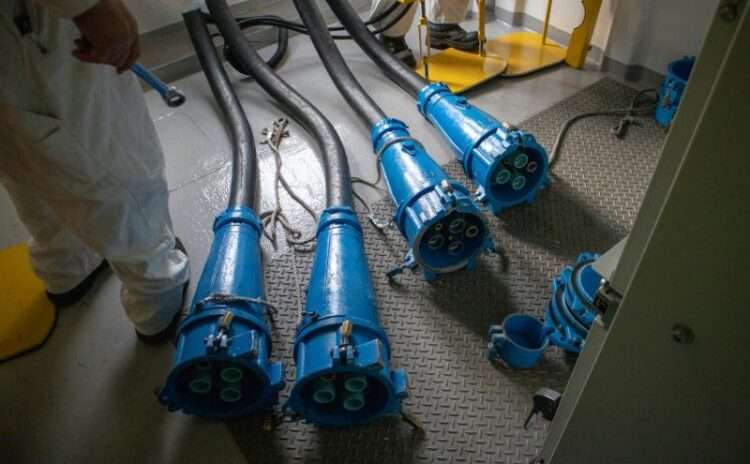
Port of Seattle becomes first U.S. port to require 100% of cruise vessels to use shore power
Article courtesy of AJOT The Port of Seattle became the first port in the nation to independently require that 100% of all cruise vessels homeported in Seattle be shore power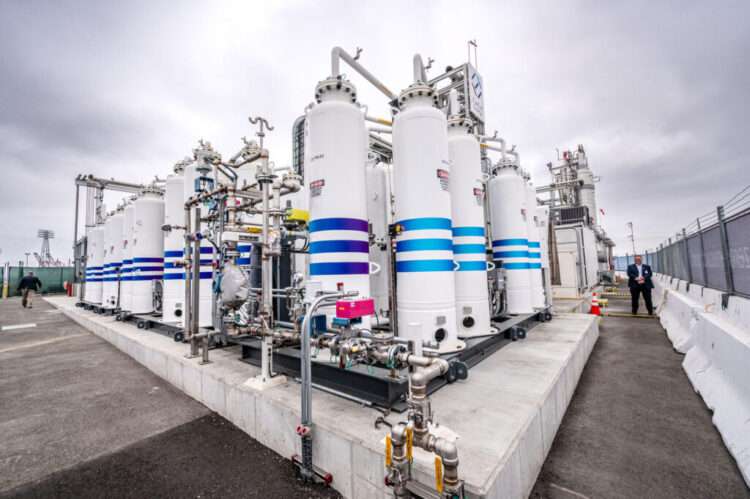
Renewable Energy System Dedicated at Port of Long Beach
Article via Maritime Logistics Professional State, city and Port of Long Beach officials Thursday joined Toyota Motor North America and FuelCell Energy to celebrate the grand opening of the first-of-its-kind